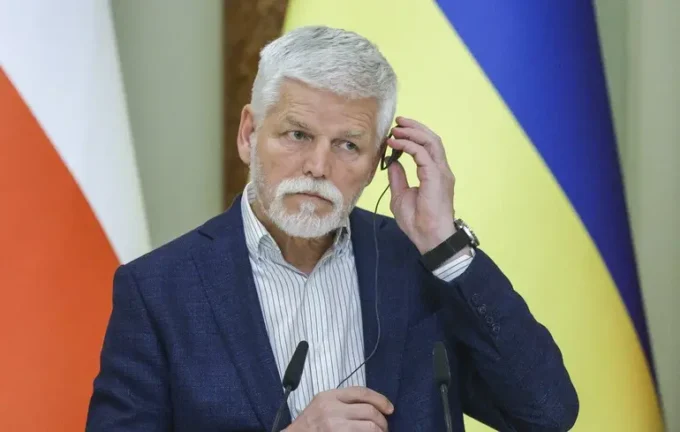Czech Politicians Warn of Possible Shift in Ukraine Support Post-Elections

In the Czech Republic, concerns are mounting about the future of ongoing support for Ukraine amid upcoming parliamentary elections scheduled for October 3-4. The country’s president, Petr Pavel, publicly acknowledged that he cannot guarantee the continuation of the current policy of assisting Ukraine after the voting, since a new government could emerge with different priorities and orientation. He emphasized that his efforts are currently focused on maintaining a unified approach to security and defense issues, as supporting Ukraine is regarded as an integral part of Czech national security. Pavel highlighted that the support provided last year included 1.5 million shells delivered to the Ukrainian Armed Forces, with plans to supply an additional 1.8 million shells this year. He noted that, thanks to these efforts, the ratio of ammunition supplied to Ukraine versus Russia has improved from 1:10 two years ago to 1:2 today, marking significant progress. The president also stated that he is discussing Ukraine support with leaders of various political parties that may enter the future government, stressing the importance of preserving the same principles in foreign and security policy regardless of election results. However, he added that much will depend on the outcome of the vote, and at present, he cannot provide guarantees. According to BBC, the most likely candidate for Czech prime minister is Andre Babiš, leader of the ANO movement and former premier. The current government is headed by Petr Fiala, who supports Ukraine. Analysts note that, despite Babiš’s past attempts to appeal to voters dissatisfied with Czech aid to Ukraine, he does not exhibit openly pro-Russian tendencies. Currently, he holds the highest approval rating in the country—over 31%, while support for the ruling coalition is about 20%. Recently, the Prague High Court annulled a decision that exonerated Babiš in a €2 million EU subsidy fraud case, which might boost his political prospects but does not fundamentally alter his stance on Ukraine.

